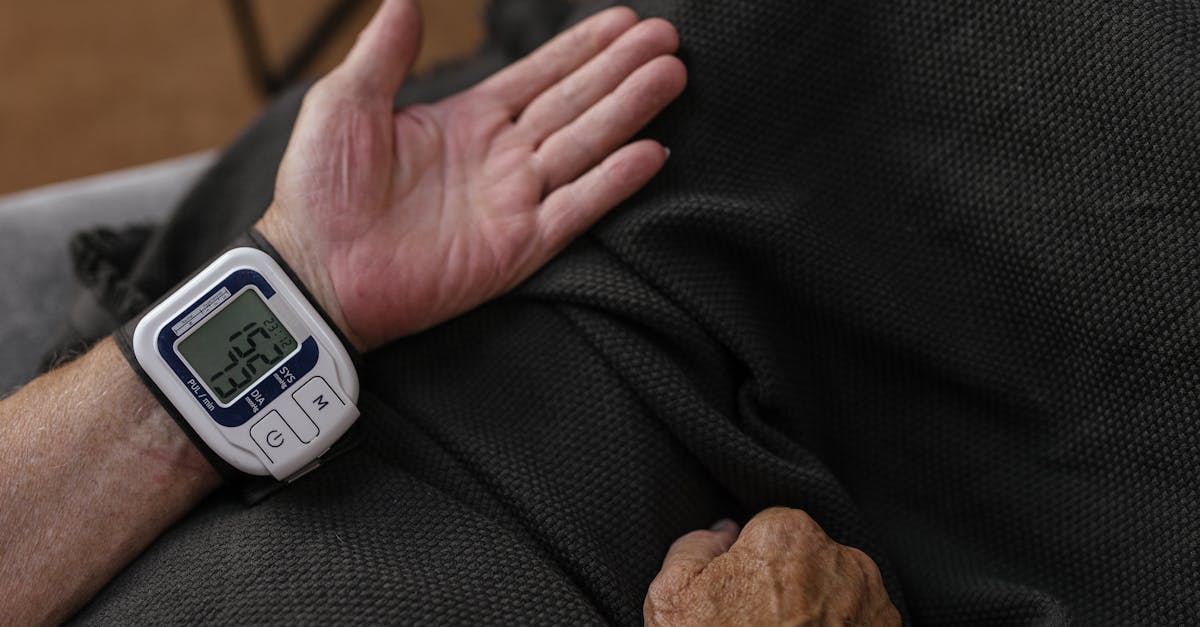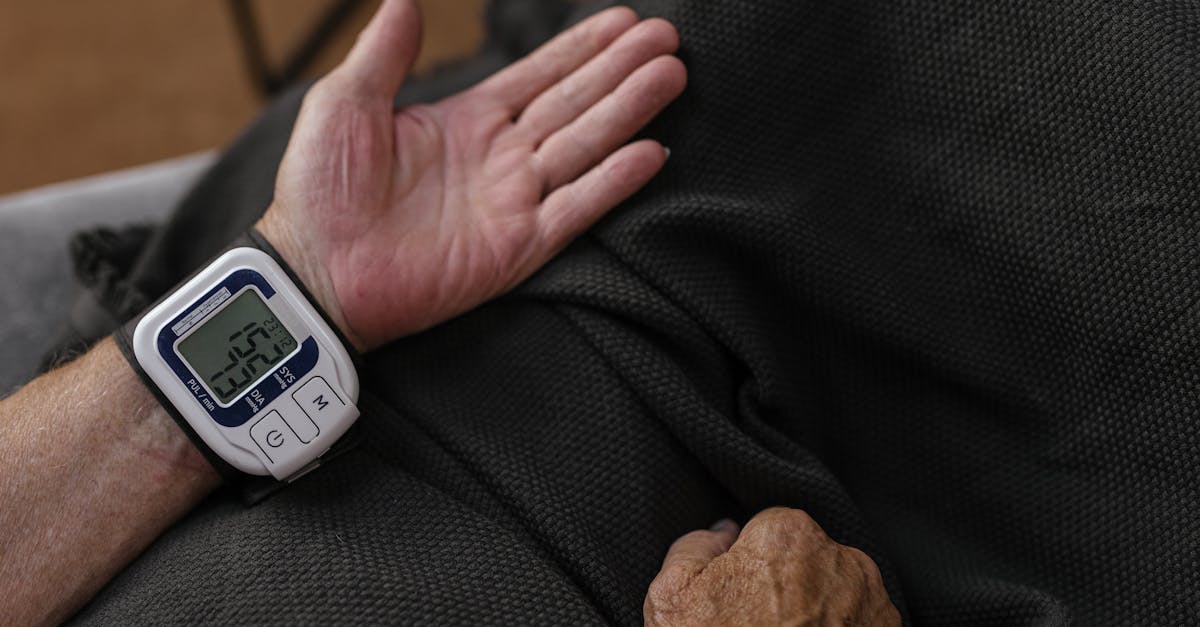Managing Chronic Pain Without Medication
Introduction
Chronic pain management is a significant concern for many individuals seeking relief without medication. While pharmaceuticals can alleviate symptoms, they often come with undesirable side effects. Fortunately, various holistic strategies exist for managing chronic pain effectively.
Advertisement
Understanding Chronic Pain
Chronic pain is typically defined as any pain lasting longer than 12 weeks. It can arise from injuries, ongoing illnesses, or idiopathic causes. Understanding the nature and source of your pain is crucial before exploring non-pharmacological interventions.
Advertisement
Exercise and Physical Therapy
Engaging in regular, low-impact exercise can significantly reduce chronic pain symptoms. Activities like swimming, walking, and yoga can enhance flexibility and release endorphins. Physical therapy with skilled professionals can tailor specific exercises, strengthening affected areas and alleviating discomfort.
Advertisement
Mind-Body Techniques
Mind-body techniques such as mindfulness meditation and deep-breathing exercises can be powerful tools. These practices help shift focus away from pain, cultivate a sense of control, and promote relaxation. Over time, they can reduce the pain's overall impact on daily life.
Advertisement
Diet and Nutrition
Diet can influence inflammation and pain perception. A diet rich in anti-inflammatory foods, such as fish, walnuts, and colorful fruits, can reduce pain symptoms. Staying hydrated and maintaining balanced nutrition support overall health and well-being.
Advertisement
Alternative Therapies
Many individuals find relief through alternative therapies like acupuncture and chiropractic care. These modalities aim to restore balance within the body, often targeting the root causes of chronic pain rather than merely masking symptoms.
Advertisement
Heat and Cold Therapy
Applying heat or cold to painful areas can be remarkably soothing. Cold packs can reduce inflammation, while heat therapy can ease muscle tension. Alternating between the two is beneficial for managing acute flare-ups and persistent pain.
Advertisement
Mental Health Considerations
Pain and mental health are deeply interconnected. Chronic pain can lead to emotional distress, which in turn can exacerbate pain perception. Seeking counseling or therapy can provide coping strategies, enhancing resilience against the persistence of chronic pain.
Advertisement
Developing a Pain Management Plan
Creating a personalized pain management plan with healthcare professionals is vital. This plan may encompass a mix of lifestyle changes, therapies, and psychological support tailored to meet individual needs. Regular reassessments ensure the plan's effectiveness and adaptability over time.
Advertisement
Conclusion
Integrating non-medication methods can transform chronic pain experiences and enhance quality of life. Through exercise, mind-body techniques, and a supportive diet, individuals can actively manage symptoms. Remember, collaborating with healthcare providers maximizes the chance of effective pain relief.
Advertisement


